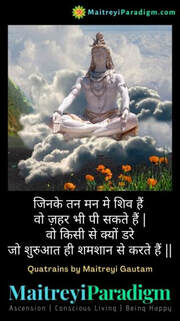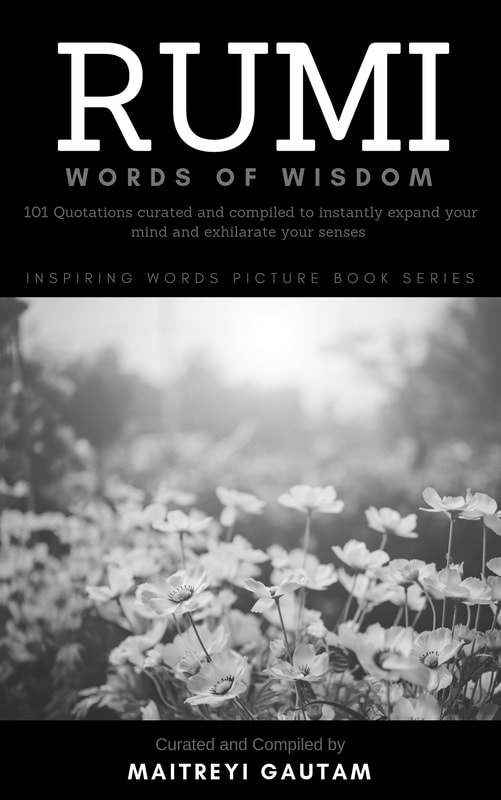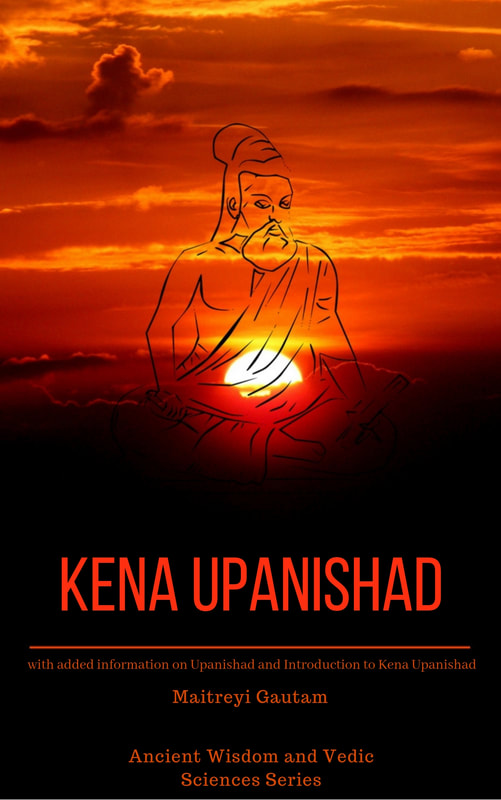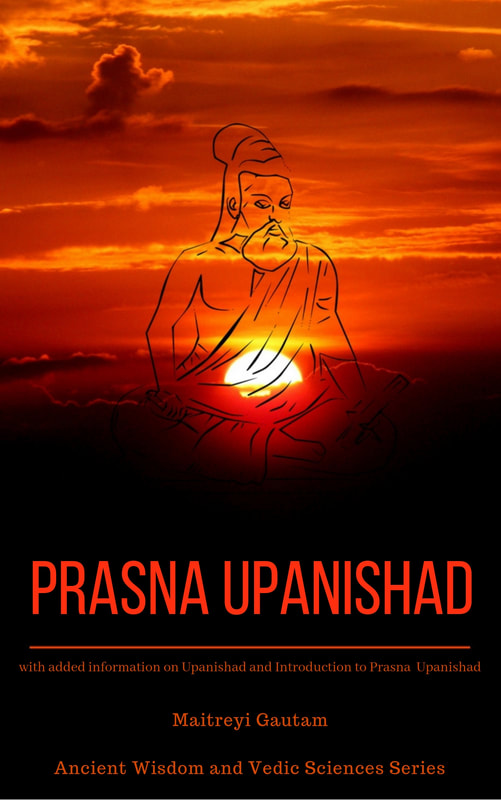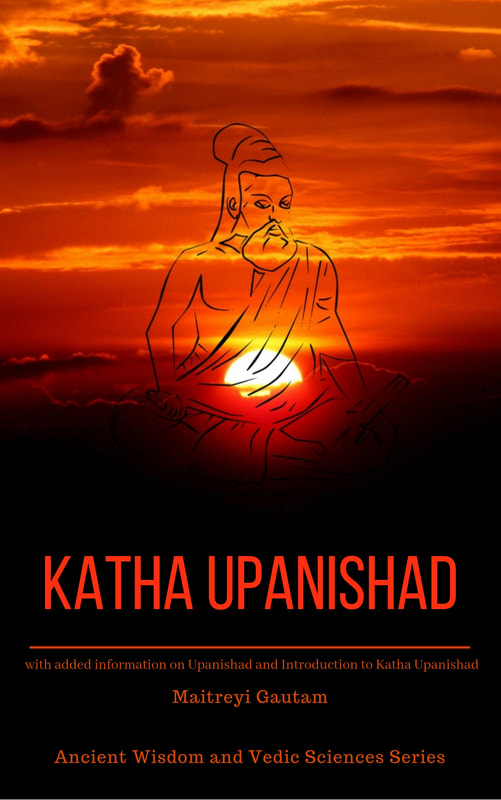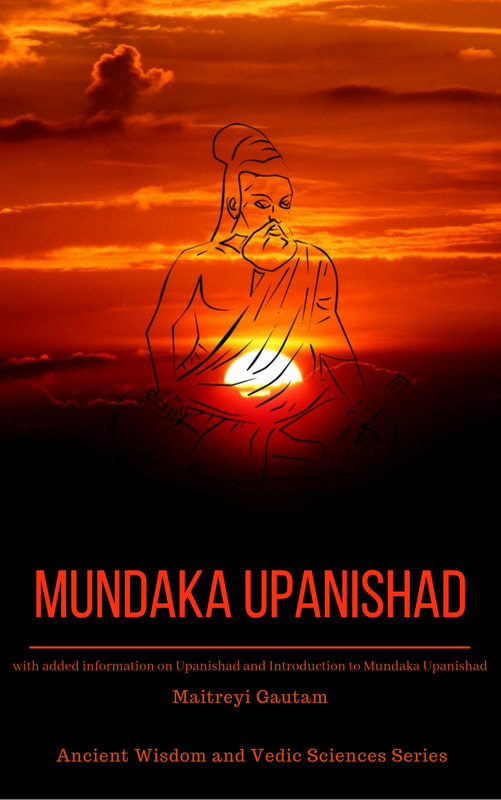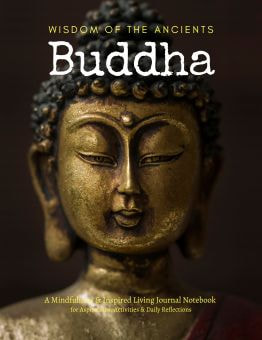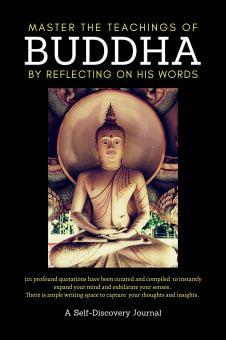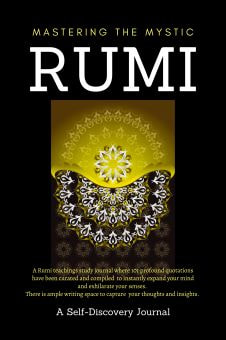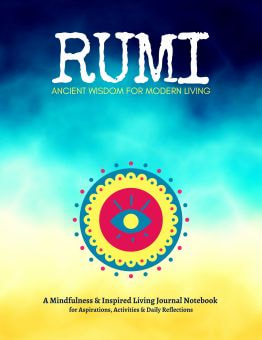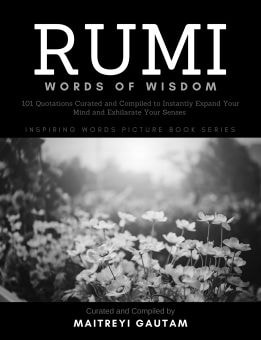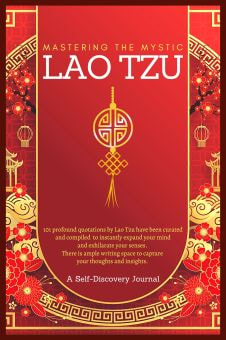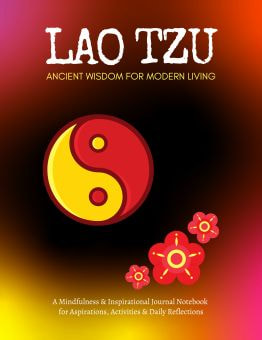Gita Jayanti is a significant Hindu festival that commemorates the birth of the "Bhagavad Gita," the sacred scriptural text of Hinduism. This auspicious day falls on the eleventh day (Ekadashi) of the bright half (Shukla Paksha) of the month of Margashirsha in the traditional Hindu calendar, which typically occurs in November or December in the Gregorian calendar.
The Bhagavad Gita, often simply called the Gita, is a 700-verse Hindu scripture that is part of the epic Mahabharata, dated to the second half of the first millennium BCE and attributed to the sage Vyasa. The Gita is presented as a dialogue between Prince Arjuna and Lord Krishna, who serves as his charioteer. This conversation takes place on the battlefield of Kurukshetra just before the start of a great war, where Arjuna is confused and morally troubled about fighting in the war.
The significance of the Gita lies in its deep philosophical and spiritual teachings. Lord Krishna imparts wisdom and guidance to Arjuna, addressing his doubts and dilemmas. The teachings cover various aspects of life, duty, righteousness, devotion, and the paths to spiritual liberation. The Gita is revered for its timeless messages on how to live a life of virtue, manage responsibilities, and attain spiritual growth.
Gita Jayanti is celebrated by Hindus around the world as a day to honor and reflect upon the teachings of the Bhagavad Gita. The celebrations typically include reading or reciting the Gita, discussions on its teachings, and organizing Bhagavad Gita discourses and seminars. Temples dedicated to Lord Krishna hold special pujas and bhajans (devotional songs) sessions.
In India, particularly in Kurukshetra, where the Bhagavad Gita is believed to have been delivered, grand celebrations take place. Devotees from various parts of the country gather to participate in rituals, yagnas (sacred fire rituals), and cultural programs that highlight the teachings of the Gita.
Gita Jayanti is not just a religious festival but also a day of spiritual introspection and learning. It offers an opportunity for people to revisit and contemplate the profound wisdom encapsulated in the Gita's verses. The festival is a reminder of the importance of righteousness, duty, and the need for a balanced approach to life, as espoused in this revered Hindu scripture.
The Bhagavad Gita, often simply called the Gita, is a 700-verse Hindu scripture that is part of the epic Mahabharata, dated to the second half of the first millennium BCE and attributed to the sage Vyasa. The Gita is presented as a dialogue between Prince Arjuna and Lord Krishna, who serves as his charioteer. This conversation takes place on the battlefield of Kurukshetra just before the start of a great war, where Arjuna is confused and morally troubled about fighting in the war.
The significance of the Gita lies in its deep philosophical and spiritual teachings. Lord Krishna imparts wisdom and guidance to Arjuna, addressing his doubts and dilemmas. The teachings cover various aspects of life, duty, righteousness, devotion, and the paths to spiritual liberation. The Gita is revered for its timeless messages on how to live a life of virtue, manage responsibilities, and attain spiritual growth.
Gita Jayanti is celebrated by Hindus around the world as a day to honor and reflect upon the teachings of the Bhagavad Gita. The celebrations typically include reading or reciting the Gita, discussions on its teachings, and organizing Bhagavad Gita discourses and seminars. Temples dedicated to Lord Krishna hold special pujas and bhajans (devotional songs) sessions.
In India, particularly in Kurukshetra, where the Bhagavad Gita is believed to have been delivered, grand celebrations take place. Devotees from various parts of the country gather to participate in rituals, yagnas (sacred fire rituals), and cultural programs that highlight the teachings of the Gita.
Gita Jayanti is not just a religious festival but also a day of spiritual introspection and learning. It offers an opportunity for people to revisit and contemplate the profound wisdom encapsulated in the Gita's verses. The festival is a reminder of the importance of righteousness, duty, and the need for a balanced approach to life, as espoused in this revered Hindu scripture.



